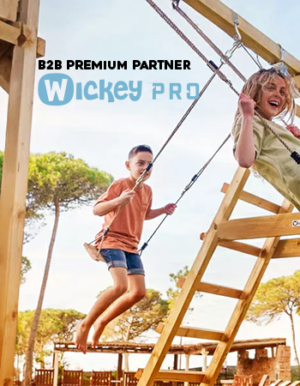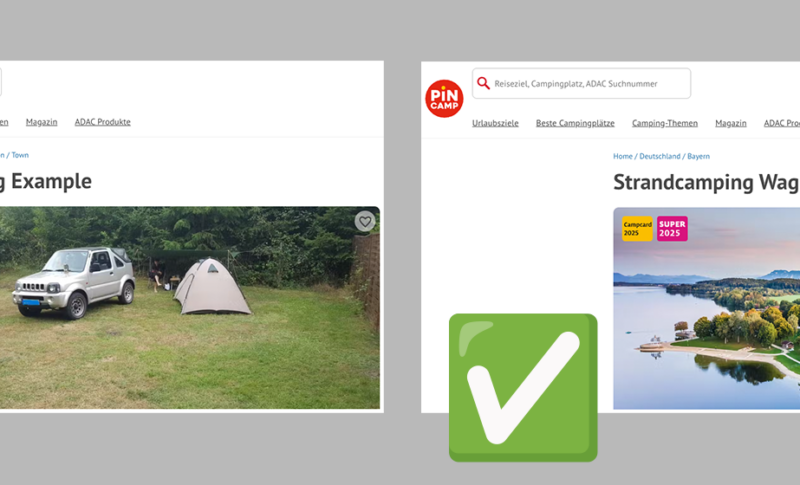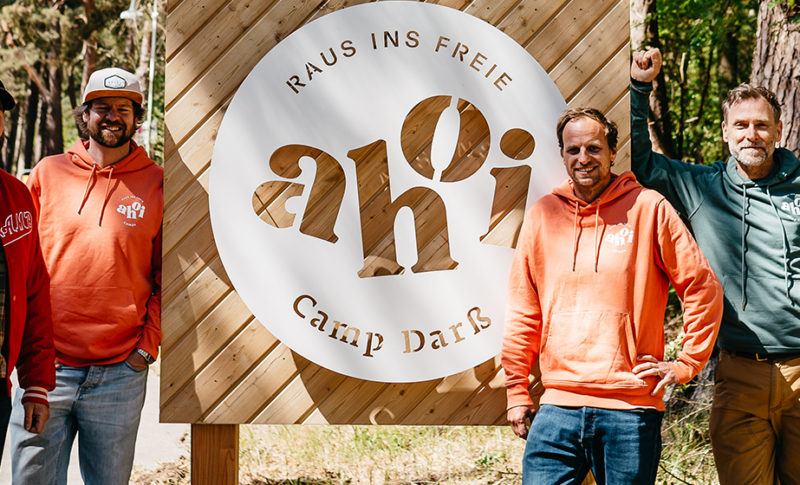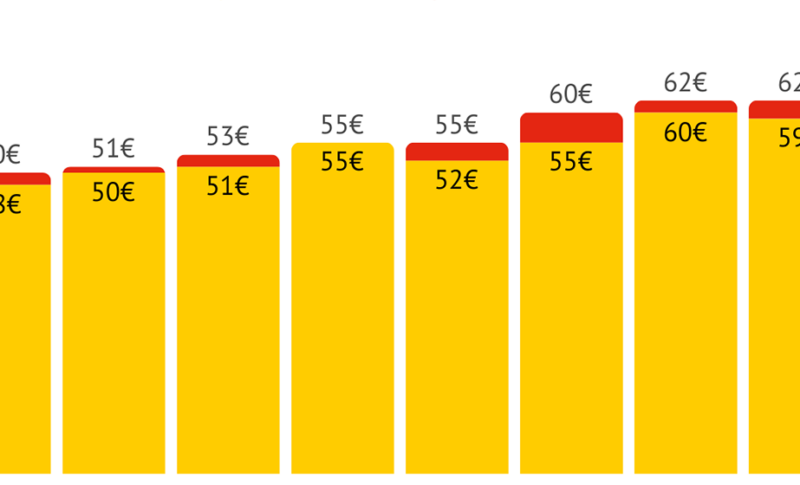
Within the bustling landscape of camping and tourism, where the pursuit of adventure meets the desire for relaxation, lies a critical yet often overlooked aspect: mental health. In this article, an exploration is undertaken to examine the profound significance of mental well-being within the camping industry and unveil actionable strategies aimed at fostering resilience and support for all involved. Ensuring the mental well-being of employees and guests is of crucial importance for the future.
Mental Health Support

Comprehensive Wellness Initiatives
Holistic wellness programs encompassing physical, emotional, and psychological dimensions can be enacted, offering a myriad of activities from yoga sessions to mindfulness workshops. For instance, integrating stress management workshops tailored specifically to the challenges faced in the camping industry could empower both employees and guests. Examples could include coping mechanisms for dealing with adverse weather conditions or managing high volumes of guest inquiries during peak seasons.
Accessible Counseling Services
Establishing accessible counseling services either on-site or through partnerships with mental health professionals provides employees and guests with confidential avenues for support. Incorporating real-life scenarios from the camping industry into counseling sessions can enhance relevance and effectiveness. For example, counselors could address the stressors associated with managing guest complaints or navigating emergencies such as weather disasters.

Promotion of Work-Life Balance
Work-life balance can be promoted through flexible scheduling, remote work options, and encouraging employees to utilize their vacation time for rejuvenation and self-care. Highlighting case studies or testimonials from camping industry professionals who have successfully balanced work and personal life can serve as inspiration. Examples could include stories of employees who have effectively managed their workload while still finding time to enjoy the outdoors and spend quality time with family and friends.
Stress-Relief Resources
Providing readily available stress-relief resources such as relaxation rooms, meditation spaces, and nature retreats offers sanctuary amidst the demands of the industry. Illustrating these resources through anecdotes or examples of how they have been utilized during challenging times in the camping industry can resonate with employees. For instance, sharing stories of how employees and guests have found solace in meditation spaces during hectic periods or adverse weather conditions can highlight the importance of such resources.
Weather Disaster Preparedness
In the face of weather disasters, implementing comprehensive emergency response plans that prioritize the safety and well-being of both employees and guests is crucial. Training staff members on emergency protocols and evacuation procedures can help mitigate panic and ensure swift, organized action in crisis situations. Additionally, establishing communication channels to provide timely updates and guidance during severe weather events can reassure guests and alleviate anxiety.
Peer Support Networks
Fostering peer support networks where individuals can share experiences, offer empathy, and provide mutual encouragement creates a sense of belonging and solidarity. Introducing stories or testimonials from camping industry workers who have benefitted from peer support networks can demonstrate their effectiveness. Examples could include instances where employees have leaned on each other for emotional support during particularly demanding periods or crises within the camping environment.
Guest Satisfaction and Employee Well-being

Empathy-Centric Guest Interactions
Training employees in empathetic communication techniques to better understand and address guest needs fosters positive interactions and reduces emotional strain. Incorporating examples of challenging guest interactions and how empathy-centric approaches were employed to resolve them can provide practical insights.
Recognition and Appreciation Programs
Instituting recognition programs that celebrate employee achievements and contributions reinforces a culture of appreciation and boosts morale. Sharing success stories of employees who have been recognized for their efforts within the camping industry can inspire others. For example, highlighting instances where employees went above and beyond to ensure guest satisfaction despite facing challenges such as weather disasters can emphasize the value of recognition programs in acknowledging and motivating employees.

Workload Distribution Strategies
Implementing strategies for equitable workload distribution ensures that employees feel supported and empowered to manage their responsibilities effectively. Presenting case studies or data illustrating the positive outcomes of implementing workload distribution strategies in camping organizations can underscore their importance. Examples could include instances where workload distribution strategies have helped prevent burnout among employees during peak seasons or emergencies, ultimately contributing to enhanced mental health resilience within the camping industry.
In conclusion, nurturing mental health resilience within the camping and tourism industry is not merely an option but a necessity for sustained success and well-being. By prioritizing the mental well-being of employees and guests alike, a solid foundation is laid for a healthier and more vibrant camping business. As the paths ahead are navigated, the profound impact of collective efforts in fostering a supportive environment where everyone can thrive should be remembered. Together, a future can be created where mental health is not just a consideration but a fundamental aspect of the camping industry’s identity.
Cover photo: © Piotrekswat – gettyimages.de

8 Essential Tips for Effectively Addressing Negative Reviews
In no other sector do online reviews have such a big impact as in tourism. Users are actively sharing their feedback, critique, comments and suggestions based on their own experience and even 90% of users read them and are heavily influenced by them.




